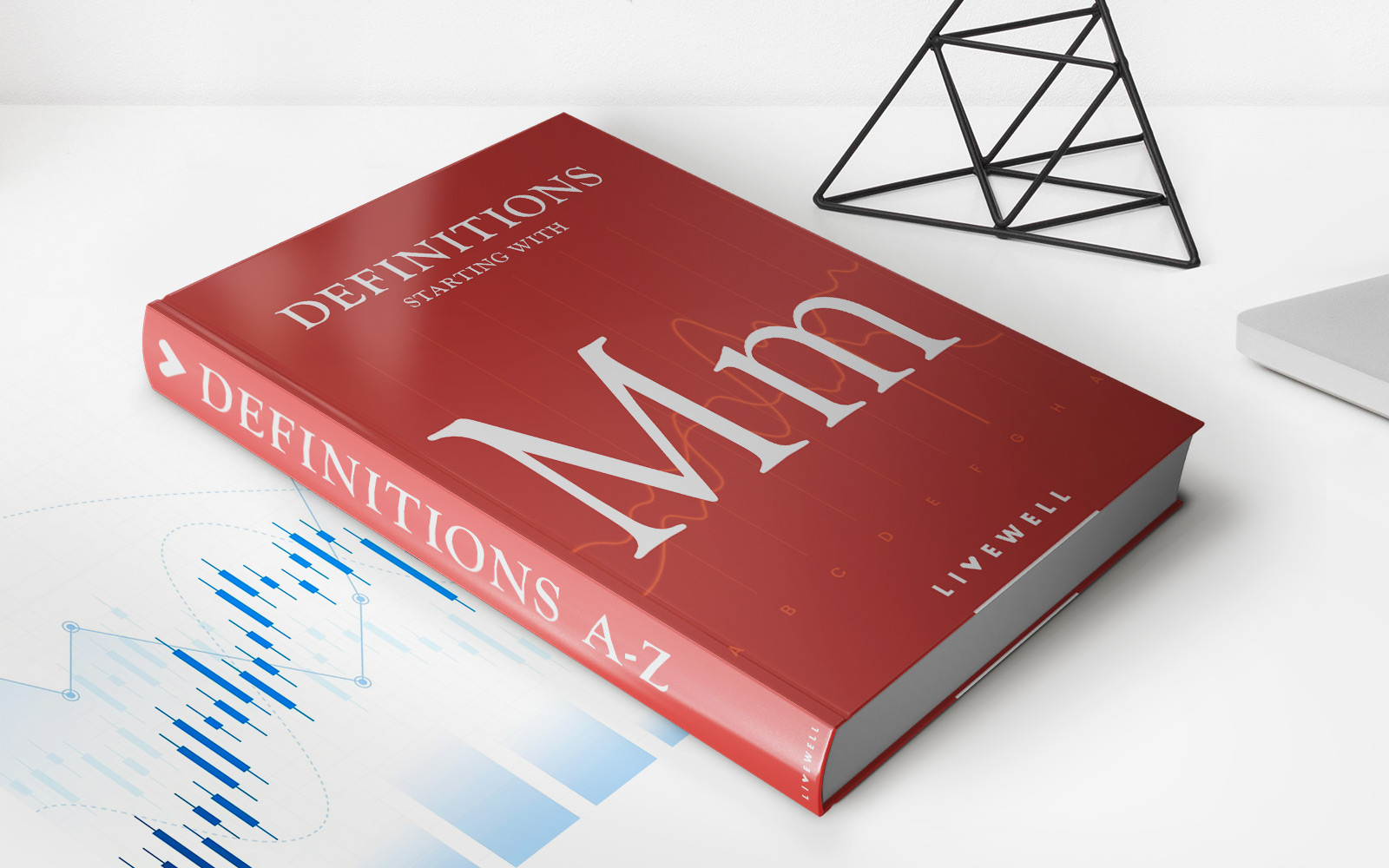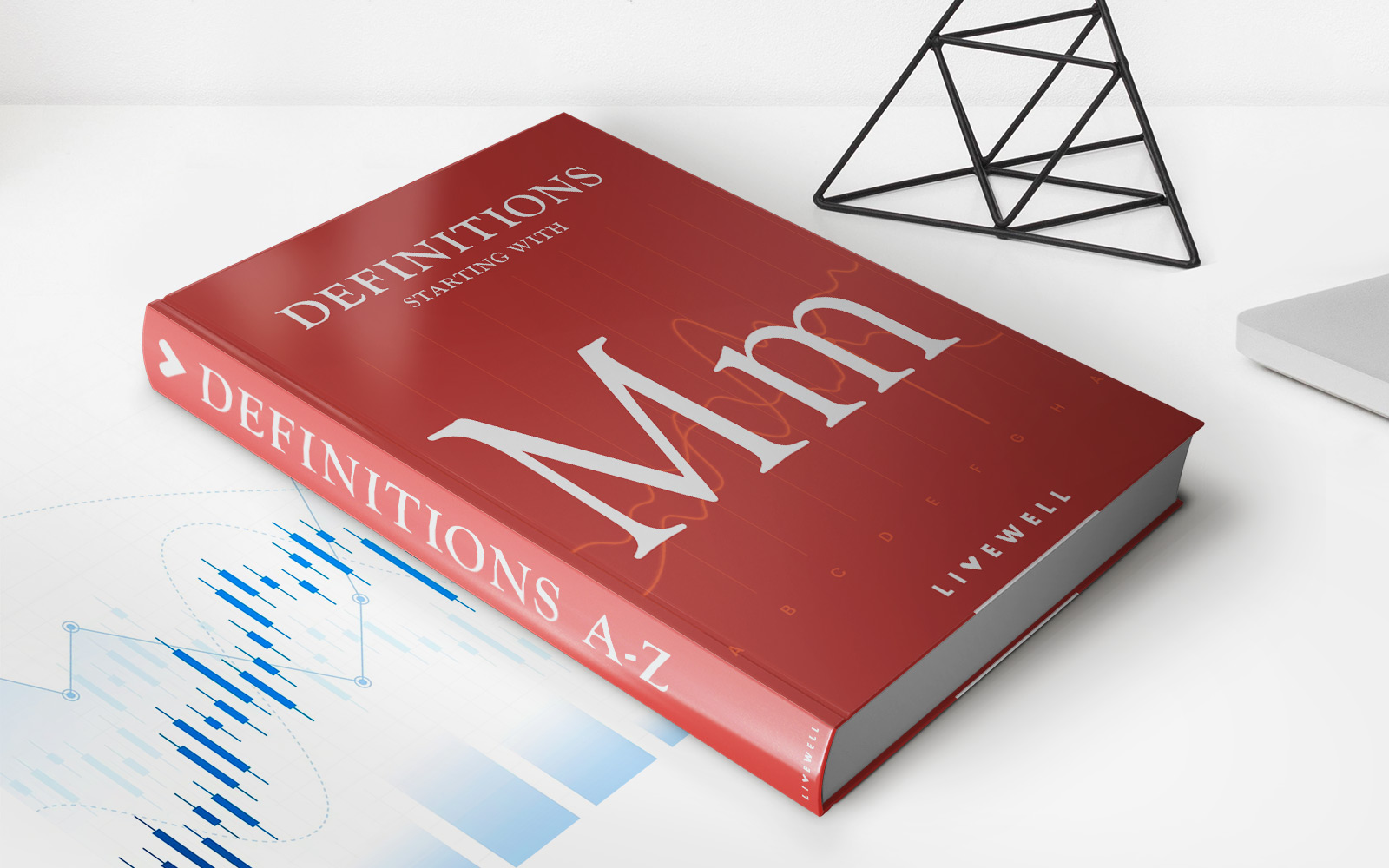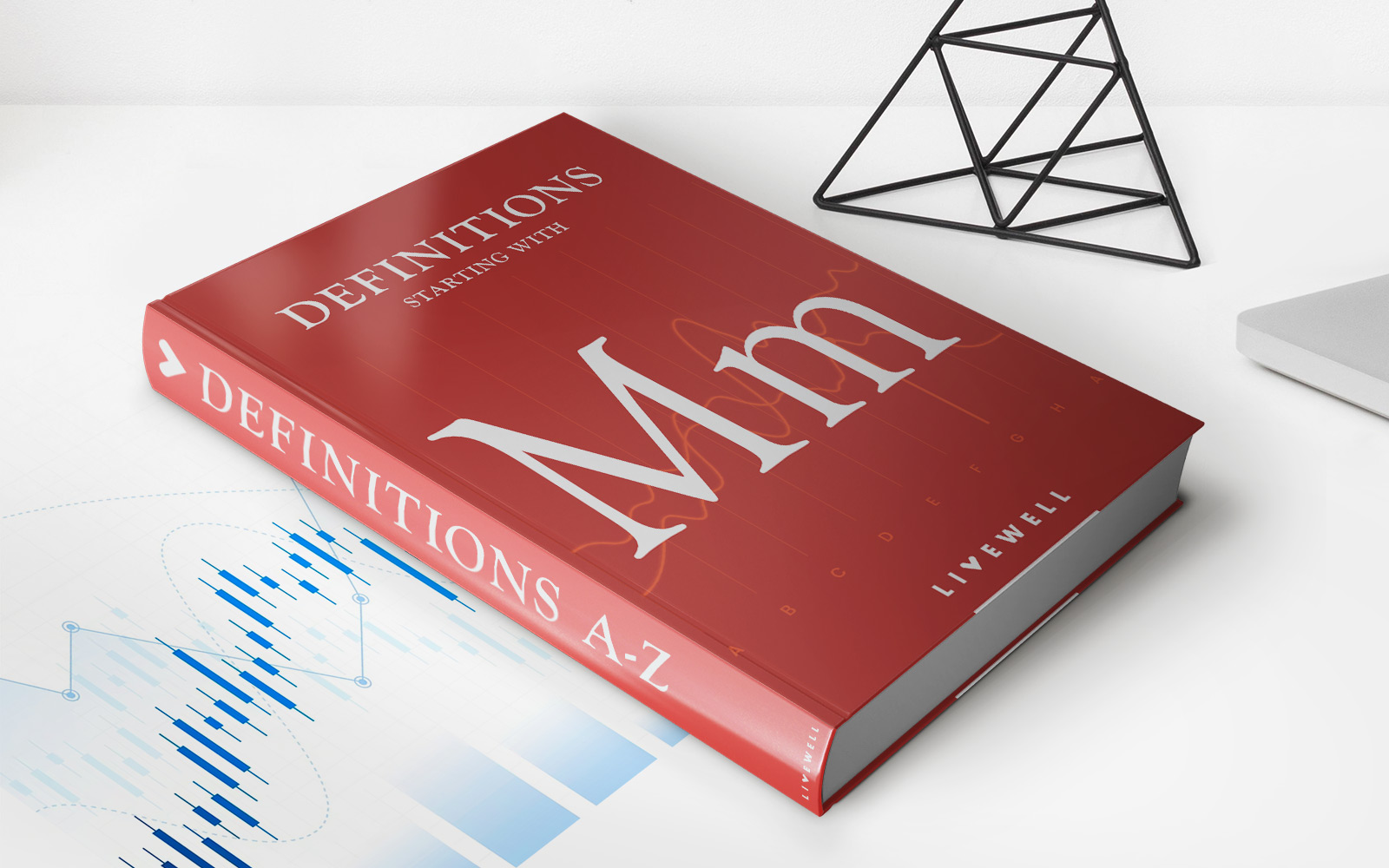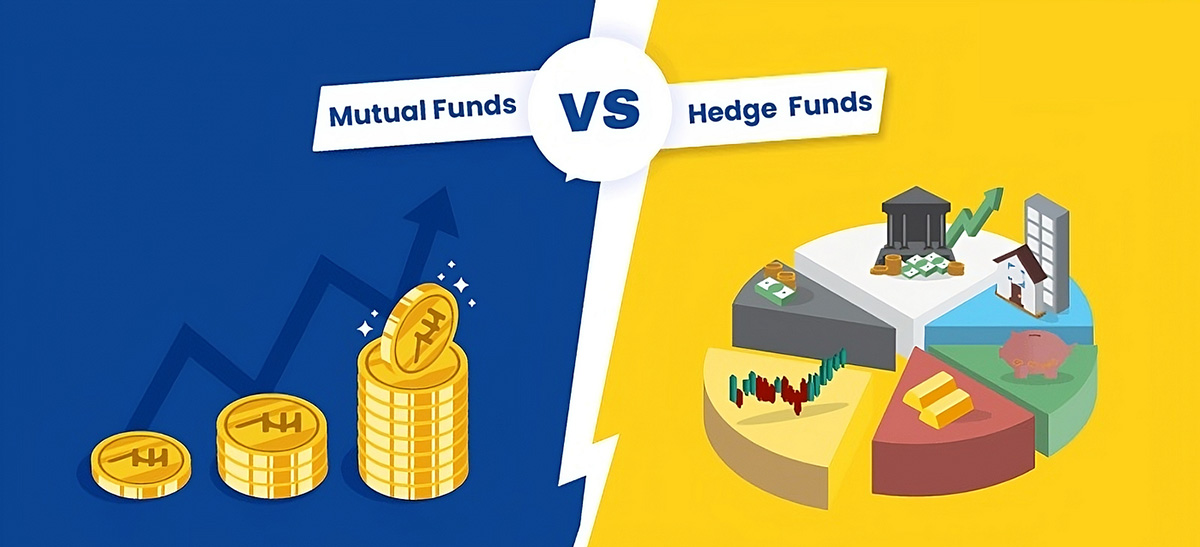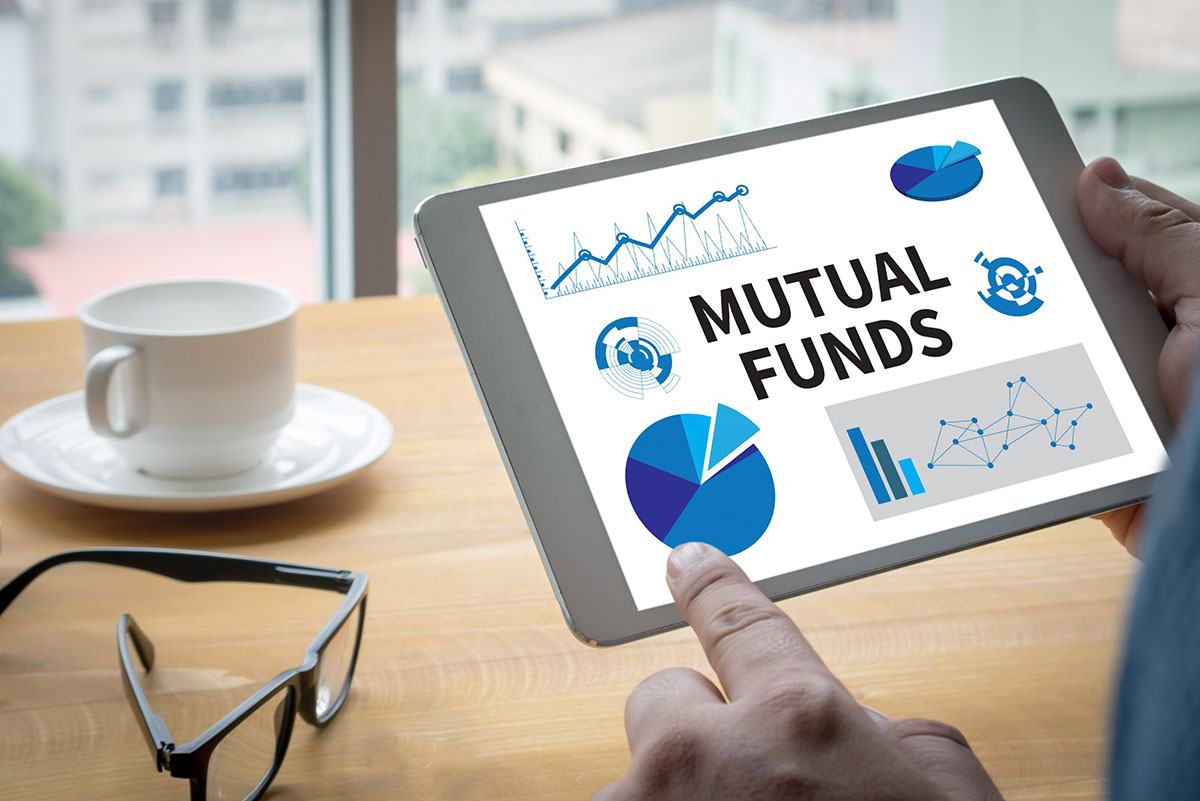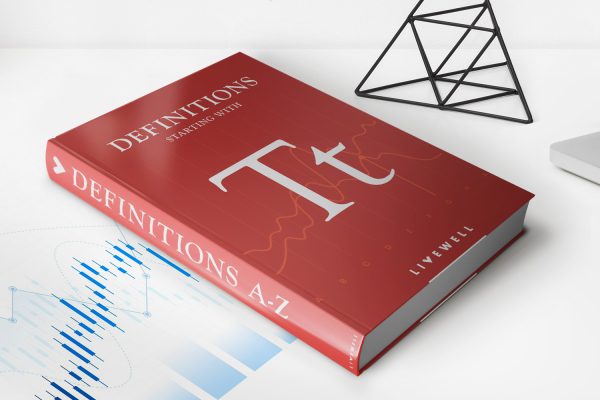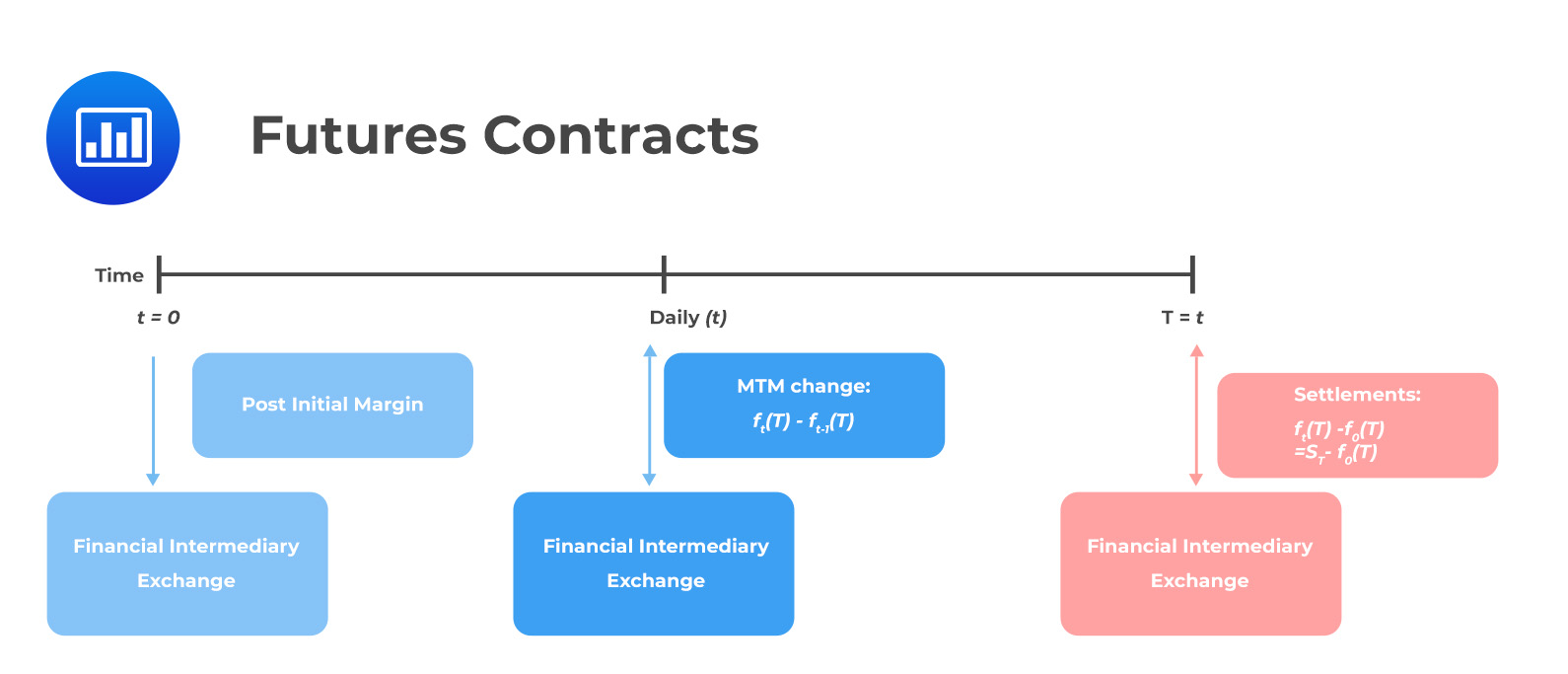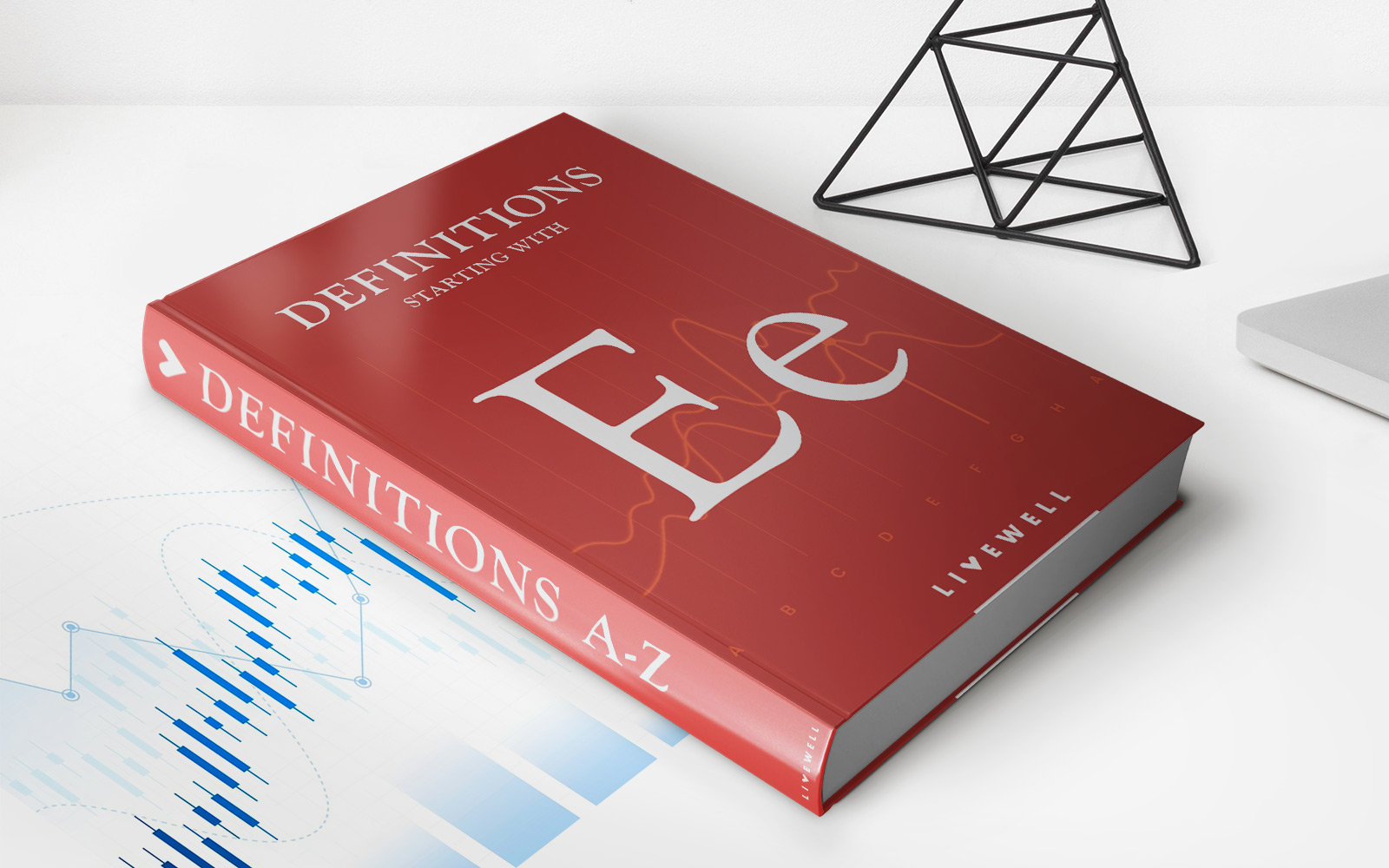

Finance
Exchange-Traded Mutual Fund (ETMF) Definition
Published: November 20, 2023
Looking for a comprehensive definition of Exchange-Traded Mutual Fund (ETMF) in the world of finance? Find out all you need to know about this investment vehicle and how it works.
(Many of the links in this article redirect to a specific reviewed product. Your purchase of these products through affiliate links helps to generate commission for LiveWell, at no extra cost. Learn more)
Unlocking the Potential of Exchange-Traded Mutual Funds (ETMFs)
Welcome to the world of finance, where opportunities abound, and investments can shape your future. In this blog post, we’ll dive into the fascinating realm of Exchange-Traded Mutual Funds (ETMFs). Whether you are a seasoned investor or just starting out, understanding ETMFs is crucial to making informed decisions and maximizing your financial potential.
Key Takeaways:
- Exchange-Traded Mutual Funds (ETMFs) combine the benefits of traditional mutual funds and exchange-traded funds (ETFs).
- ETMFs offer investors the opportunity to trade mutual fund shares on an exchange throughout the trading day.
So, what exactly is an Exchange-Traded Mutual Fund (ETMF)? Let’s break it down. An ETMF is a unique investment vehicle that combines the best elements of traditional mutual funds and exchange-traded funds (ETFs). Like traditional mutual funds, ETMFs are managed by professional fund managers who strategically invest in a diversified portfolio of securities. This approach provides investors with exposure to a broad range of assets, spreading the risk and potentially enhancing returns.
Now, here’s where the “exchange-traded” component comes into play. Unlike traditional mutual funds that are traded only once per day at the closing net asset value (NAV), ETMFs can be bought and sold throughout the trading day, just like stocks. This feature provides investors with more flexibility, allowing them to take advantage of intra-day market movements or react quickly to changing market dynamics.
There are several benefits to investing in ETMFs:
- Diversification: ETMFs provide instant diversification by investing in a wide range of securities across different asset classes and sectors. This diversification helps to reduce the risk of loss associated with investing in individual stocks or bonds.
- Liquidity: Being exchange-traded, ETMFs offer high liquidity. Investors can easily buy and sell shares at market prices throughout the trading day, allowing for greater control over their investments.
- Transparency: ETMFs provide transparency in terms of their holdings. The fund’s portfolio is disclosed daily, enabling investors to know exactly what they own and how their investment is performing at any given time.
- Potential Cost Efficiency: ETMFs typically have lower expense ratios compared to traditional mutual funds, which translates to potentially higher returns for investors over the long term.
It’s important to note that like any investment, ETMFs also come with some risks. Market fluctuations, economic conditions, and changes in interest rates can all impact the performance of ETMFs. Therefore, thorough research and due diligence are essential before making any investment decisions.
In conclusion, Exchange-Traded Mutual Funds (ETMFs) offer investors the best of both worlds—combining the benefits of traditional mutual funds with the flexibility of exchange-traded funds. With the potential for diversification, liquidity, transparency, and potential cost efficiency, ETMFs can be a valuable addition to your investment portfolio. However, it’s crucial to assess your investment goals, risk tolerance, and conduct comprehensive research before investing in any financial product.
